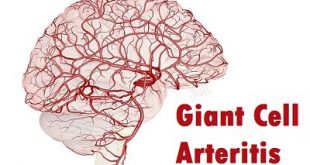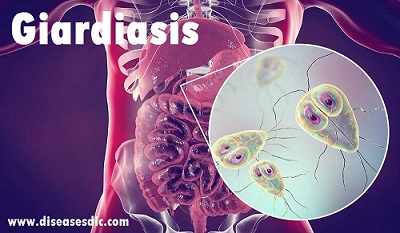Definition Gestational diabetes is a kind of diabetes that just happens in pregnant ladies. That implies you can’t get gestational diabetes except if you’re pregnant. You may create gestational diabetes out of the blue during pregnancy or you may have a gentle undiscovered instance of diabetes that deteriorates when you’re …
Read More »Gastroenteritis – Definition, Risk Factors, and Prevention.
Definition Gastroenteritis, also referred to as ‘stomach flu’, is inflammation of the stomach and intestinal lining, which causes diarrhea and vomiting. It can be caused by a virus, a bacteria or a parasite. Norovirus is the most common cause of gastroenteritis in adults. In children, rotavirus is more often involved. …
Read More »Gingivostomatitis – Description, Treatment, and Prevention.
What is gingivostomatitis? Gingivostomatitis is the long name for a condition that results in a very sore mouth. It’s caused by a viral infection and is common in children. The symptoms can be mild or severe. While it can be disconcerting to see sores in your baby’s mouth – and …
Read More »Giant Cell Arteritis (GCA) – Risk factors, Diagnosis and Treatment
What is Giant Cell Arteritis? Giant cell arteritis also called temporal arteritis or cranial arteritis is a disorder in which the lining of the large blood vessels in your head, and sometimes other parts of the body, become inflamed, which can narrow or completely block the affected arteries, compromising blood …
Read More »Granulomatosis with Polyangiitis (GPA)- Causes, and Treatment
Definition Granulomatosis with polyangiitis (GPA) or Wegener’s Granulomatosis (WG) is an uncommon type of inflammation of small arteries and veins (vasculitis). It classically involves inflammation of the arteries that supply blood to the tissues of the lungs, the nasal passages (sinuses), and the kidneys. “Incomplete” forms exist that only involve …
Read More »Granuloma Inguinale – Description, Risk Factors, and Prevention.
Description Granuloma inguinale or Donovanosis is a genital ulcerative disease caused by the intracellular gram-negative bacterium Klebsiella granulomatis (formerly known as Calymmatobacterium granulomatis). The disease occurs rarely in the United States, although it is endemic in some tropical and developing areas, including India; Papua, New Guinea; the Caribbean; central Australia; …
Read More »Giardiasis- Causes, Transmission, Treatment and Prevention
Definition Giardiasis (giardia) is an intestinal infection marked by abdominal cramps, bloating, nausea, and bouts of watery diarrhea. Giardia infection is caused by Giardia lamblia a microscopic parasite that is found worldwide, especially in areas with poor sanitation and unsafe water. Infection with giardiasis is one of the most common …
Read More »Genital Warts – Causes, Diagnosis, and Prevention.
Genital Warts – Overview Genital warts are contagious, fleshy growths in the genital or anal area. They are one of the most common types of sexually transmitted infections. They are also known as venereal warts or condylomata acuminate. They are caused by the human papillomavirus (HPV), and they are a …
Read More » Diseases Treatments Dictionary This is complete solution to read all diseases treatments Which covers Prevention, Causes, Symptoms, Medical Terms, Drugs, Prescription, Natural Remedies with cures and Treatments. Most of the common diseases were listed in names, split with categories.
Diseases Treatments Dictionary This is complete solution to read all diseases treatments Which covers Prevention, Causes, Symptoms, Medical Terms, Drugs, Prescription, Natural Remedies with cures and Treatments. Most of the common diseases were listed in names, split with categories.








